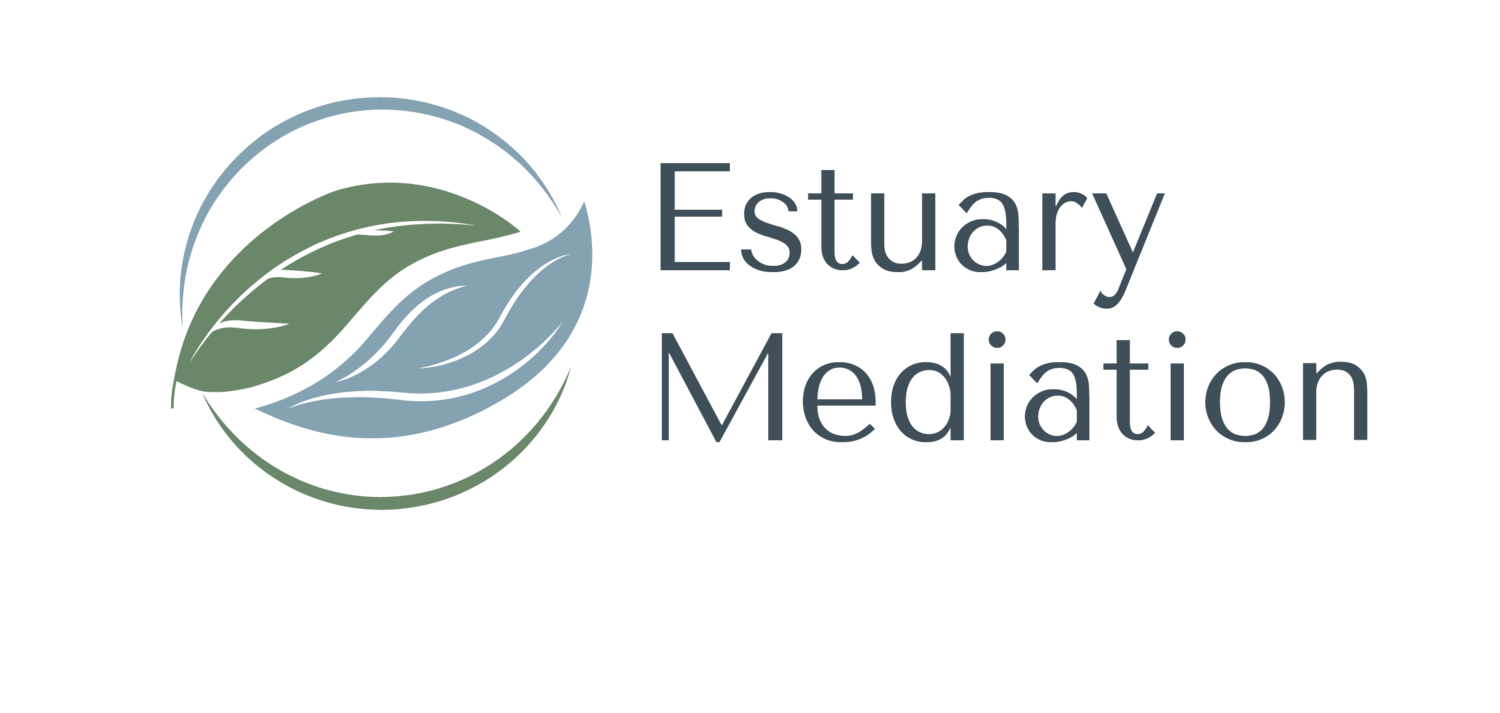Who is Dorcas Lee?
Dorcas is a second-generation Chinese Canadian who lives in Vancouver with her husband and three children. She is passionate about building safe and restorative relationships across generations. Doing this well requires understanding of the unique strengths and challenges of each relationship and family and breaking any patterns that are unhealthy.
Having grown up in and around faith communities, Dorcas understands the complexities of trying to integrate personal beliefs in different seasons of life and in the complex environments of work, home, and community.
She loves spending time with the people she loves — meeting over a good meal or bubble tea, playing board games, or going for a bike ride. When she has time for herself, she enjoys tinkering with Instant Pot recipes or binging K dramas (sometimes together!).
Dorcas is the founder and director of Estuary Mediation. Learn more about Estuary Mediation here.
Education
Certificate in Conflict Resolution (Family Mediation Specialization)
Justice Institute of British Columbia
Master of Social Work
University of British Columbia
Graduate Diploma of Christian Studies
Regent College
Work Experience
BC Children’s and Women’s Hospital
Ministry of Children and Family Development
Vancouver Aboriginal Child & Family Services Society
Vancouver General Hospital
Additional Training and Certification
Level 1 Training in Gottman Method Couples Therapy
Level 2 Training in Gottman Method Couples Therapy (in progress)
Core Indigenous Cultural Safety Mental Health Training
Indigenous Perspectives Society’s Indigenous Social Work (ISW) Training Program
Emotion Focused Family Therapy Core Clinician Training (EFFT)
Conflict Coaching Certification at the Justice Institute of BC (in progress)
Association of Family and Conciliation Courts: The Fundamentals of Conducting Child Custody Evaluations

Acknowledgement
Estuary Mediation is gratefully located on the traditional, unceded territory of the Coast Salish Peoples—including the territories of the xʷməθkwəy̓əm (Musqueam), Skwxwú7mesh (Squamish), and Səl̓ílwətaʔ (Tsleil-Waututh) Nations.
Our acknowledgement of the land that we live and work on is a step towards recognizing and challenging the legacies of colonialism. We are committed to recognizing and respecting the presence of First Peoples of Canada both in the past and the present as we work through the process of reconciliation.

